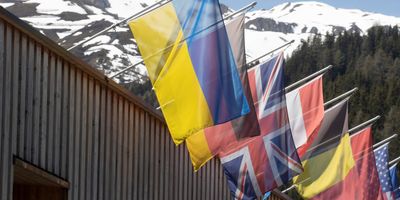54: Happy 54th birthday to the World Economic Forum. For over half a century, the global elite has traveled to the Alpine town of Davos – with its population of just 11,000 – to discuss the biggest challenges facing the world. It started back in 1971 as the European Management Symposium and was rebranded as the WEF in 1987.
60: Is Davos just an opportunity to hobnob and ski? Not for Gen-Z! A poll from Salesforce found that 60% of Gen-Z is hopeful about the ability of leaders at Davos to make the world a better place – making it more optimistic than any other generation about the summit’s potential.
5,000: With some of the world’s most powerful people gathering in Davos at the same time, security is going to be tight. The Swiss legislature authorized the deployment of roughly 5,000 armed forces to support the summit. Security costs are estimated to be around $10.5 million (9 million Swiss francs).
42: Going to Davos ain’t cheap. It famously costs tens of thousands of dollars to attend the annual WEF meeting, but even the food is expensive. At the Steigenberger Grandhotel Belvédère, which hosts guests in town for the summit, a cheeseburger on the “snack menu” costs roughly $42 (36 Swiss francs).
